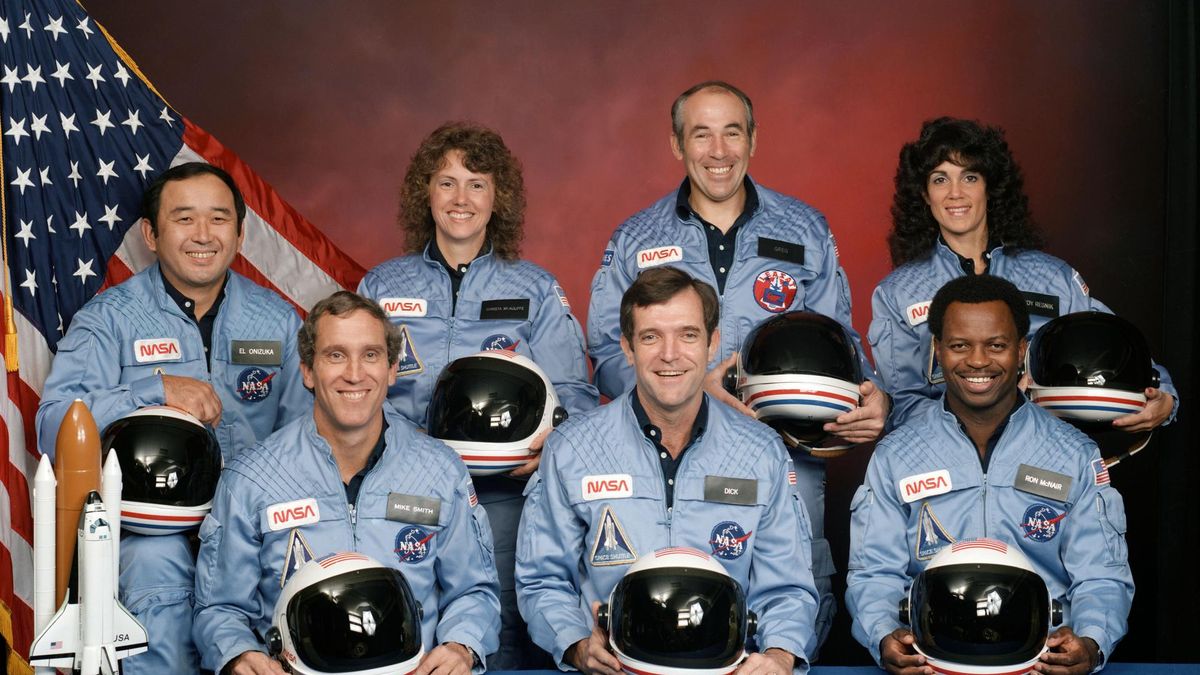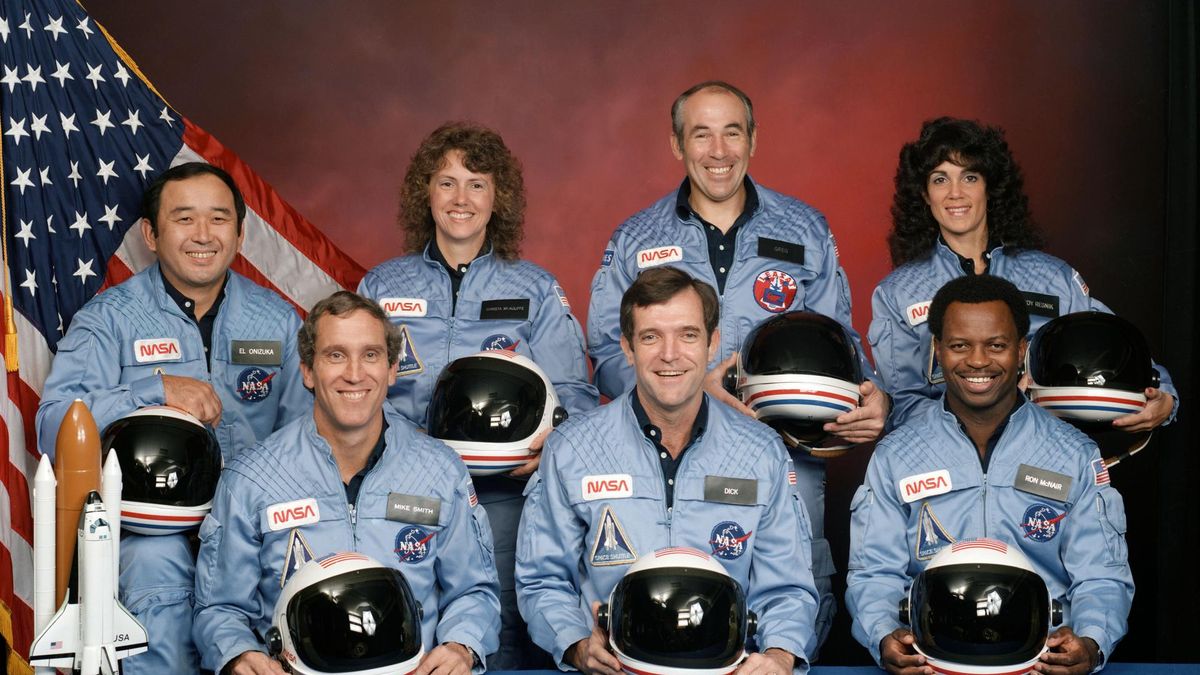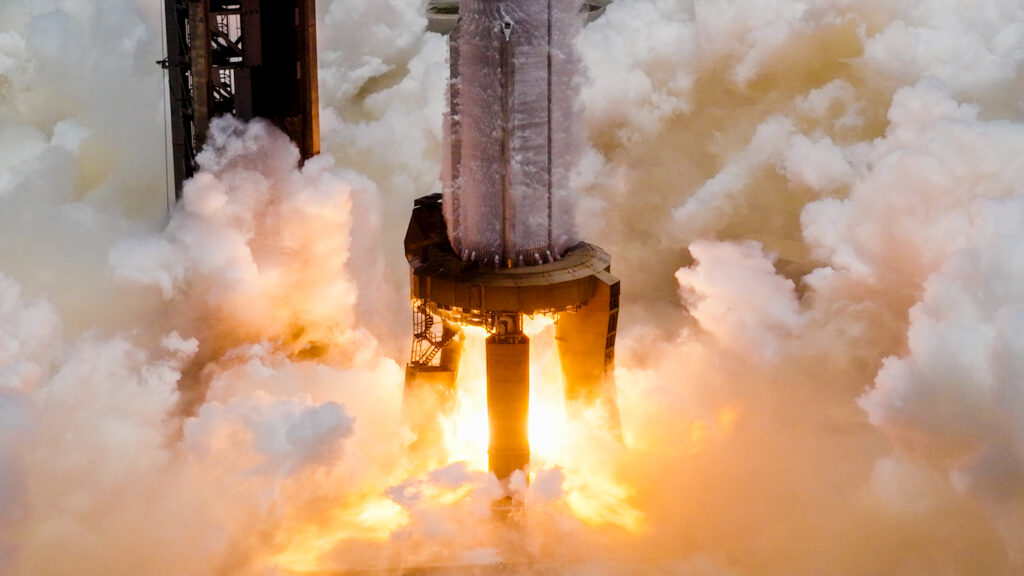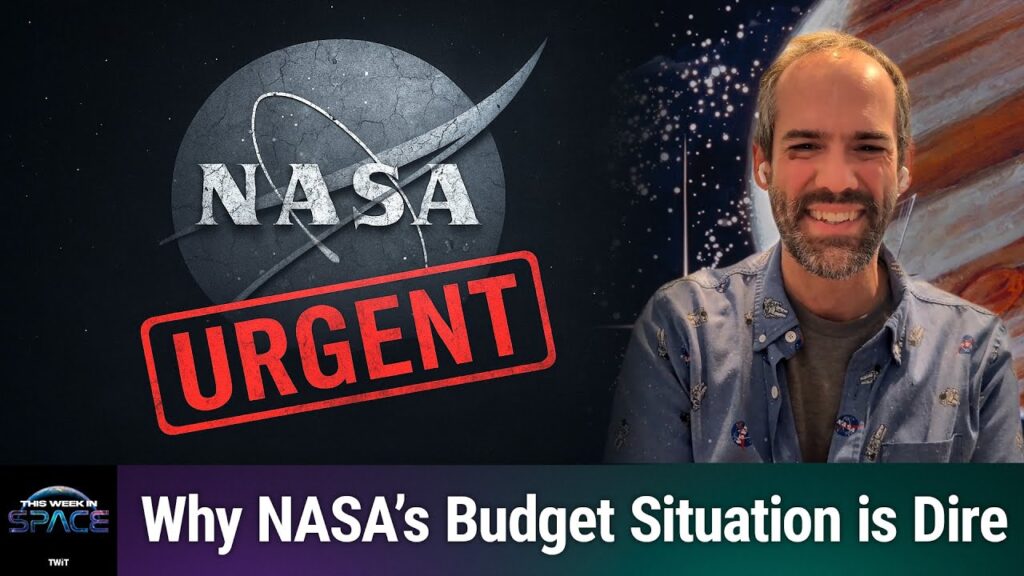
NASA honored its fallen space explorers during its annual “Day of Remembrance” on Thursday (Jan. 23).
The agency held events at a number of its facilities around the nation, including Kennedy Space Center (KSC) in Florida and Johnson Space Center in Houston.
The proceedings commemorated the lives lost in NASA’s three space tragedies — the Apollo 1 fire in January 1967, the space shuttle Challenger explosion in January 1986 and the shuttle Columbia disaster in February 2003.
“It is an emotional and solemn reminder that we cannot let the decades separate us from these tragedies and numb us to their lessons, and even as we embark on new bold ventures, we must keep the memories of these losses near us,” KSC Deputy Director Kelvin Manning said during the center’s ceremony on Thursday.
You may like
“We must honor their sacrifice by fortifying our commitment to safety and excellence as new generations of space explorers follow their footsteps,” he added.
RELATED STORIES:
NASA holds its Day of Remembrance every year in late January, which is around the time when all three disasters occurred.
The Apollo 1 fire erupted on Jan. 27, 1967, while team members were testing the mission’s command module on the ground. The three Apollo 1 astronauts — Roger Chaffee, Ed White and Gus Grissom — were inside the spacecraft at the time, and all of them perished.
Challenger broke apart 73 seconds after launch on Jan. 28, 1986, killing all seven astronauts on board: Dick Scobee, Michael Smith, Judith Resnik, Ronald McNair (the second black American to reach space), Ellison Onizuka (the first Asian-American to reach space), Gregory Jarvis and Christa McAuliffe (the first teacher in space).
Columbia was lost while reentering Earth’s atmosphere on Feb. 1, 2003, again claiming the lives of all seven astronauts: Rick Husband, William McCool, Michael Anderson, David Brown, Kalpana Chawla (the first Indian-American to reach space), Laurel Clark and Ilan Ramon (the first Israeli to fly to the final frontier).



